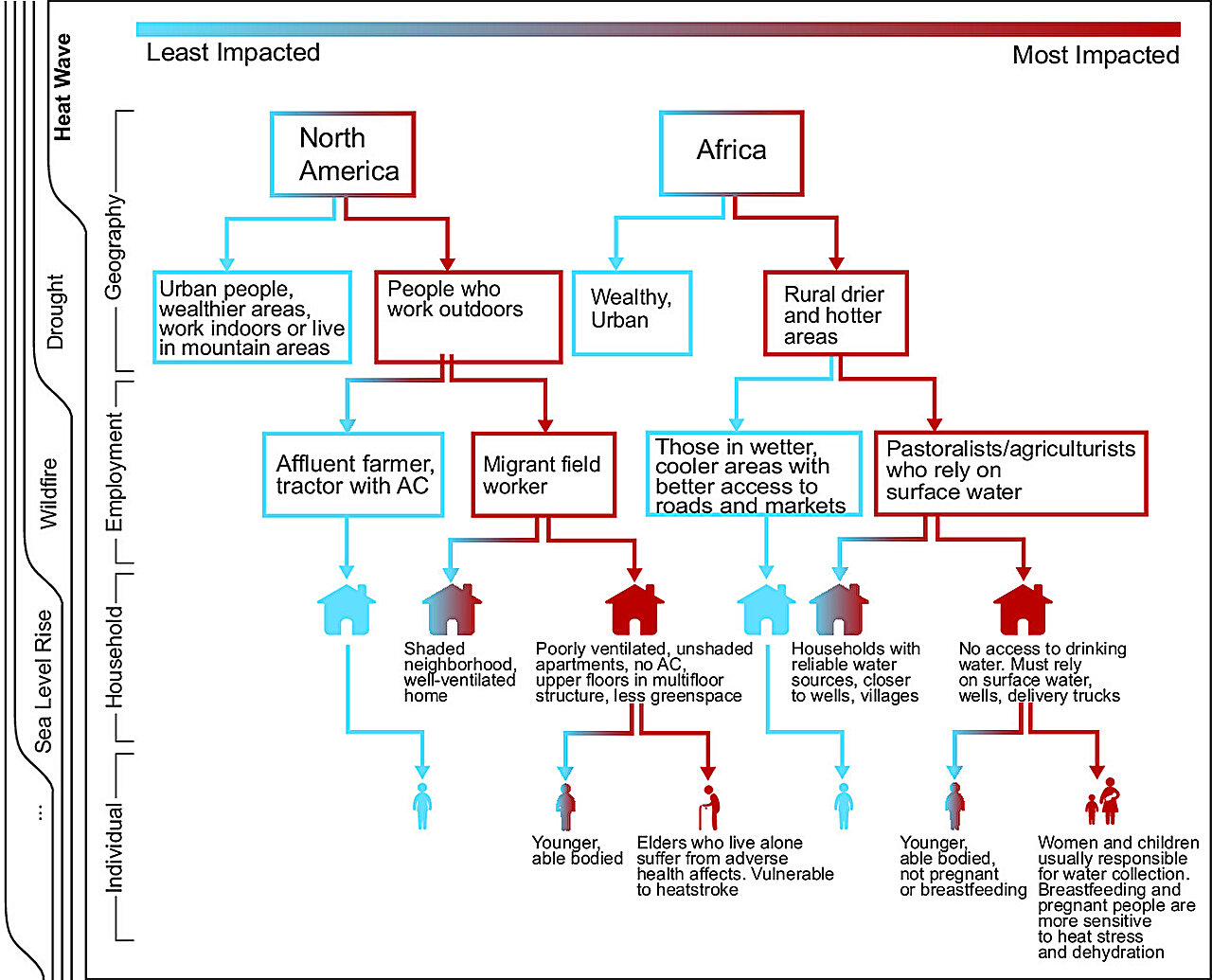Interior Department Taps Michael Boren for Pivotal Leadership Role

In a significant leadership transition, Michael Boren has stepped into the critical role of acting assistant secretary for policy, management and budget at the U.S. Department of the Interior. This high-level, interim position places him at the helm of overseeing approximately 70,000 employees, marking a pivotal moment in his professional career.
As the acting assistant secretary, Boren will be responsible for guiding key strategic initiatives and managing the complex administrative operations of one of the federal government's most important departments. His temporary appointment underscores the dynamic nature of leadership within the Interior Department, where adaptability and strategic vision are paramount.
The role demands a comprehensive understanding of policy development, budget management, and organizational effectiveness, challenges that Boren is now poised to address with his expertise and leadership skills.








